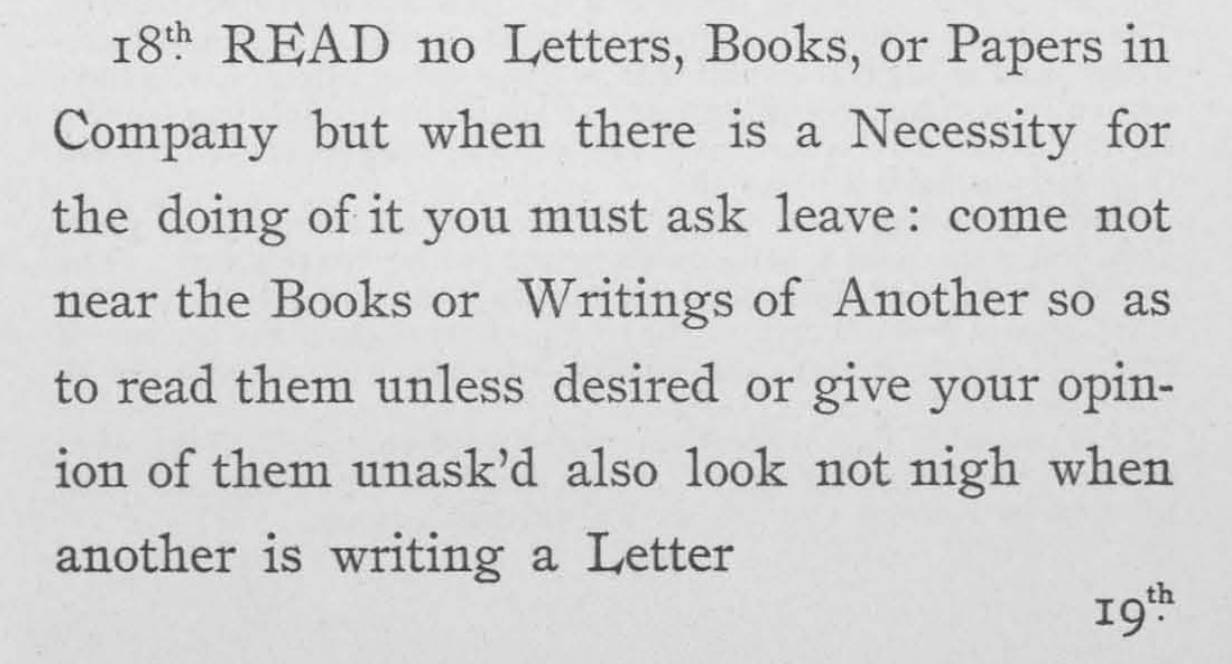There are all sorts of hacks to help with goal management and sustaining personal productivity. Here are 10 that take only a few seconds:
1.) Compete with yourself
If physicists are right, there are parallel universes right now where versions of yourself are being more productive than you.
Aim to be better than them.
2.) Ally with yourself
You can also use the existence of the “other versions” of yourself as an ally.
When I’m trying to decide which path to take, which paragraph to delete, which idea to pursue, I inevitably get into “But what about?” mode.
This leads to analysis paralysis in which I spend all my time debating between X and Y when, really, it doesn’t matter. Goal management involves some degree of debating priorities, but first and foremost is the actual doing of things.
By recognizing there are infinite versions of myself out there, I can imagine them taking up the alternatives. If I do X, they’ll do Y.
In a weird way, I’m doing it all.
3.) Don’t check off your task after you complete it…
Wait until right before you start your next task.
The dopamine hit is more useful after a break than during it. Save it.
4.) Save your darlings and kill your enemies
Say you’re editing a document down, trying to make it as succinct as possible, and there are some spots you love—but that are unnecessary—and some spots you hate—they’re really hard to revise, or particularly sloppy.
Copy the stuff you love to another file for use some other time.
Delete the stuff that you hate. Don’t waste your time. If the whole document falls apart because of this one section, you’ll realize it and replace it with something you hate less.
The same applies to all sorts of tasks.
Personal productivity often requires a filet knife... but sometimes you have to swing a battle axe.
5.) “I should have” is a dumb thing to say
The above is almost always true. The only time it’s not is when:
- a future situation, with the same exact context, will arise in the near future, and there’s a lesson to be learned;
- the lesson will actually help you;
- the price of time, energy, and other resources spent drawing and applying the lesson is worth it.
6.) Accept limitations
Have you ever watched a Disney show, or other kids’ show, during which they have the characters sing a pretty-bad song?
It’s actually brilliant that the writers or producers or whoever include such bad songs.
Good songs would eat up more resources. And music isn’t the point of the show. Disney, Nickelodeon, etc. are not selling music.
There are limitations to every project. Find them and embrace them.
7.) Start ridiculously small then call it quits
Jog for one minute. Shoot ten baskets. Read ten pages.
On the next day, add 10%: jog for 1:06, shoot eleven baskets, read eleven pages.
Compound it, rounding up or down, doesn't matter. The point is to minimize the Resistance.
So on day 3: jog for 1:12 or :13, shoot twelve or thirteen baskets, read twelve or thirteen pages.
8.) Do the little annoying thing then call it quits
Often I find there’s some minor task that I really don’t want to do for some inexplicable reason. It doesn’t take long, is easy, uses few resources… yet I still procrastinate.
In these situations, allow yourself to quit your productive day after you do that one little annoying thing.
9.) Procrastinate productively
An alternative to the above is to use the little annoying thing to your advantage. Purposely do everything but that task. Purposely let that ball drop in order to keep other balls in the air.
10.) Use music, but use it strategically
10.) Everyone has some song or album that pumps them up. (For me, it’s The Rocky Soundtrack, always has.) Listen to it while you work. But the key is: don't overdo it. Tie the music to a task that really requires focus and hard work. Make it a ritual.
See? Stupidly easy.
This was primarily sourced from Long Term Person, Short Term World, available on Amazon.

